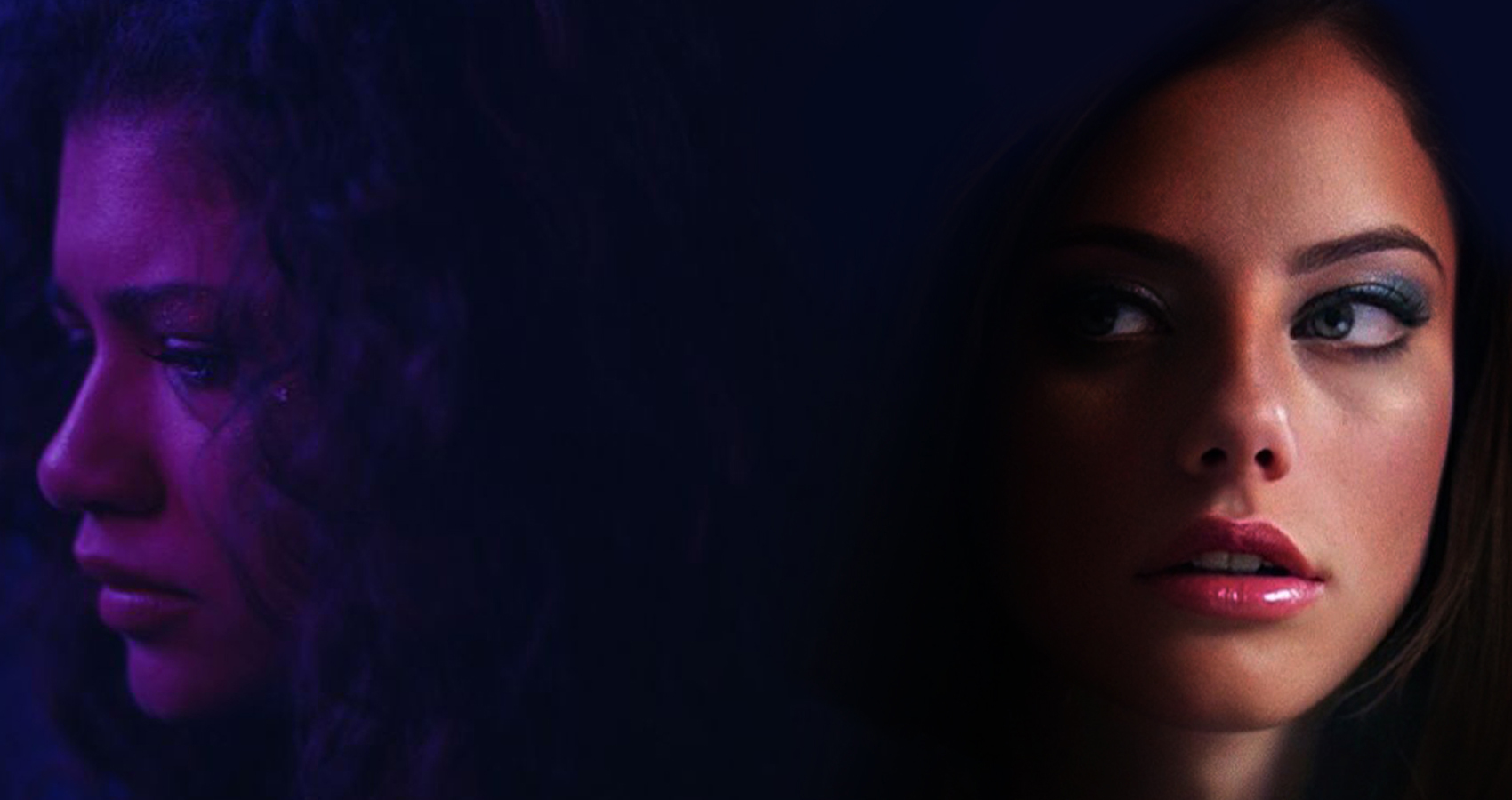
Euphoria Versus Skins
The battle of the “teen” dramas.
With HBO’s Euphoria being renewed for a third season, it’s time to look back at where the angst-filled, adolescent show started.
In 2007, British-born, Bristol-based series, Skins made its mark. Originally airing on E4, the program immediately sparked public debate amongst viewers and critics alike. Moving away from your typical boy-meets-girl teen show, father and son duo – Bryan Elsley and Jamie Brittain revamped the genre entirely. From profanity to salacious sex scenes – Skins is the show your parents prayed you didn’t watch. However, explicit content aside – the series paved the way for exploring taboo topics on screen. From eating disorders to mental health struggles – the show is known for its gritty portrayal of real-life issues, making it a believable, unsettling watch.
It’s the relatability factor for up-and-coming adults that is emulated so powerfully in Sam Levinson’s Euphoria. Following formulaic staples from its predecessor, the series homes in on first-person narration, making individual characters the focal point of each episode.
Airing over a decade after the premiere of Skins, it’s no surprise that Euphoria takes the win for outstanding visuals and captivating costume design. The eerie soundtrack, coupled with the stylish way in which the series is shot makes for a seamless watch – even during the most distressing of scenes. Drug-infused sex is paired with bright bursts of color – illuminating the gravitas of the harsh subjects being addressed. However, by contrast, it’s the very lack of glamour in Euphoria’s precursor that millennials would have been drawn to.
Nowadays, filters have become an engrained part of our everyday life. From scrutinizing our Instagram profiles to feeling obliged to behave a certain way in social situations – we all play up to an “act”, in one way or another.
The charm of Skins is that it strips back these perfectionist ideals, reminding us that it’s okay not to have it all figured out. On the verge of adulthood during those crucial adolescent years, we all want something to aspire to. Growing up, I remember idealizing Effie Stonem. Looking back, I wonder – was it her effortless smoky eyeliner that drew me in? Or the unapologetic way in which she outwardly owned who she was? In retrospect, it was a bit of both. Played by Kaya Scodelario, the iconic femme fatale is a prime example of someone who appears to be “okay” on the surface, but deep down, is suffering immensely.
The trials and tribulations of teenage life play a pivotal role in shaping who we are. While there is evident shock-factor in both Skins and Euphoria - ultimately, both shows are a television triumph. Through their provocative storylines, each series offers their own version of nuanced, unfiltered perspectives that the audience is left pondering.
Rather than shying away from subjects that deal with trauma and pain – these dark dramas have established their place in pop culture, as a firm reminder that none of us really know what we’re doing. Characters who are initially personified as “popular” or “stable” soon come crashing down, revealing candid portrayals of youth, which resonate with all of us.
Up Next, The Essex Serpent: Apple TV+ Unveils First Promotional Image And Release Date











